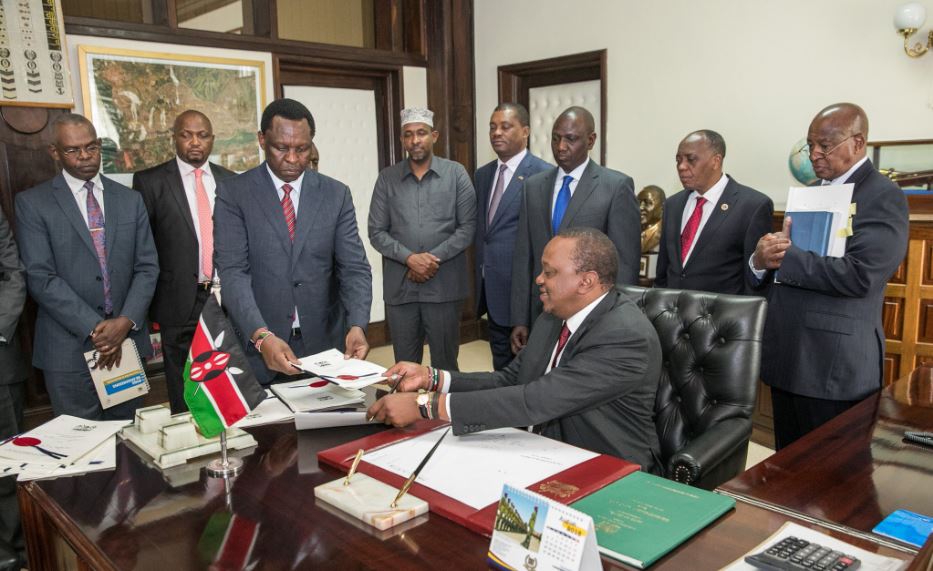×
The Standard e-Paper
Stay Informed, Even Offline

NAIROBI, KENYA: President Uhuru Kenyatta is on the receiving end of Kenyans’ rage after administering a series of crippling taxes as he moves to finance his latest pet project - the Big Four agenda.